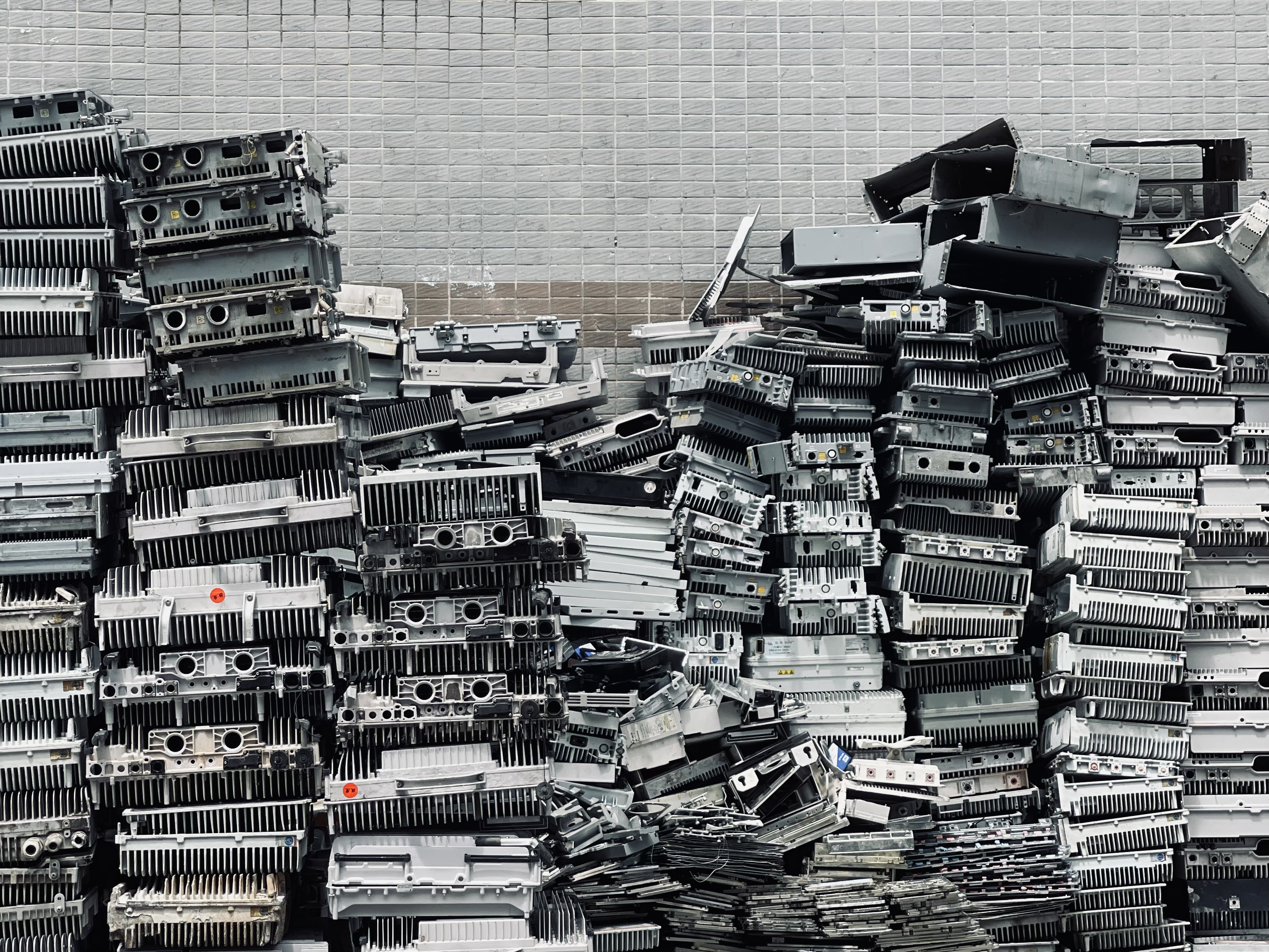At the Ends of Media: Media Pollution, Secondhand Extraction, and Environmental Politics in Guiyu, China
Tinghao Zhou
Film and Media Studies
UC Santa Barbara
Situated in the e-waste recycling town of Guiyu, China, my dissertation explores how global e-waste flows reshaped local ecologies, bodies, subjectivities, and politics during the Green Belt and Road Initiative (2013-2030). Building upon China’s politico-economic concept of “ershou (secondhand),” it proposes the concept of “secondhand extraction” not only to trace the material process of e-waste recycling and mineral extraction but also to highlight the extraction of precarious local labor and environmental resources due to involuntary exposure to environmental disruptions in these processes. Inspired by Guiyu residents’ breathing practices in the toxic air, my project employs “smell walk” as part of a bottom-up, innovative method of media fieldwork. As an environmental justice project, it creates public-engaged media art to understand the tangible effects of the unequal global e-waste flow through local bodily and sensory experiences. It aims to conceive China’s transnational circular economy investments as geopolitical endeavors to explore new resource frontiers. It seeks to understand 1) global e-waste recycling as an inherently extractive process affecting local/regional ecologies and politics, 2) how local media practices unveil the extensive global networks of resources, infrastructure, and labor supporting the production and circulation of electronic media.
Learn more about Tinghao Zhou’s work as a Climate Media Scholar.

